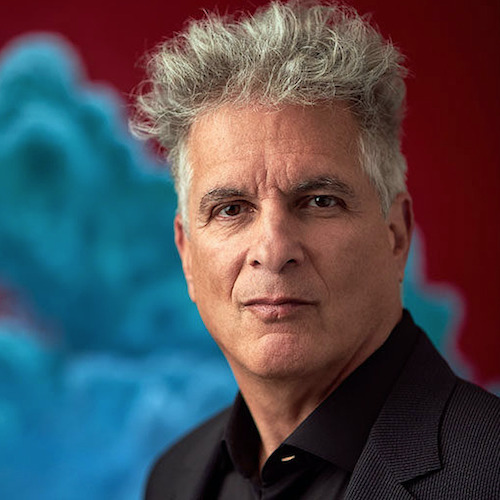
Sabra Health Care REIT President and CEO Rick Matros said Thursday that the real estate investment trust remains “completely committed to continuing to grow in senior housing,” despite its decision, announced Wednesday, to exit a joint venture with private equity firm TPG Real Estate through which it has a 49% stake in a portfolio of 158 Enlivant senior living communities.
“Our exit from Enlivant is specific to Enlivant,” he said during the Irvine, CA-based REIT’s second-quarter earnings call. Matros said he thinks highly of Enlivant’s management team and noted that Sabra will continue to work with the company outside of the joint venture; its portfolio of wholly owned managed communities includes 11 Enlivant communities.
Sabra’s current acquisition pipeline — “potential deals that we’re actively reviewing” — stands at more than $2 billion, and most of it involves possible purchases in senior housing, he said.
“It’s actually busier than it’s ever been,” Matros said. “I’m talking pre-pandemic times.”
The REIT is seeking larger deals that are “clean,” the CEO said.
“We’d rather stretch a little bit for a portfolio that has a quality that we really feel good about and has clear upside and is accretive, as opposed to paying something less for a troubled portfolio,” he said. “Beyond that, we’re laser-focused on the bread-and-butter deals, $30 [million] to $80 million deals, and even less than that and obviously more than that, because those are the deals that are easily digestible. …Regardless of any time we may spend looking at larger opportunities, we never take our eye off the smaller opportunities.”
‘A real head-scratcher’
Speaking about the coronavirus pandemic, Matros said that the resident COVID-19 vaccination rate across the REIT’s portfolio is “well over 90%” and that staff rates were “north of 70% in the aggregate.”
“The workforce isn’t where you would like it to be, but it’s certainly much higher than the general population,” he said.
REIT executives, he said, think that Massachusetts’ new COVID vaccination mandate for all nursing home workers is “a good thing,” and Matros called some states’ efforts to prohibit employers from mandating employee vaccination “distressing and a real head-scratcher.”
Some operators in Sabra’s portfolio, but not many, are requiring vaccination as a condition of employment, he said. But Talya Nevo-Hacohen, Sabra executive vice president, chief investment officer and treasurer, said that REIT execs believe that such requirements ultimately will be more widespread.
“Even in this challenging labor market, we expect vaccine mandates to become increasingly commonplace across all segments of the healthcare industry, considering the current concerns over the delta variant spread,” she said.
The two senior living operators with the largest presence in Sabra’s portfolio, Holiday Retirement and Enlivant, have issued vaccine mandates, Nevo-Hacohen noted.
Some long-term care employers, however, Matros noted, are concerned that if they institute a mandate, they will lose employees.
“But I will tell you that, for those of our operators that did mandate vaccinations, they did lose employees, and if they had to do it again, they’d do the mandate again,” he said. “From their perspective, it was completely worth it. It created a much more comfortable atmosphere in the facilities, and they’re replacing the employees that they’ve lost.”
‘The biggest challenge right now’
Labor challenges — “the biggest challenge right now” — aren’t limited to skilled nursing, the CEO said, adding, “It’s assisted living and independent living as well.”
He predicted that operators’ hiring ability will improve in the fourth quarter, after extra, pandemic-related unemployment assistance ends in September. Right now, however, core departments such as dietary, housekeeping and laundry are seeing stress that in some cases requires the use of temporary workers, Matros said.
“It does have some impact, potentially, on the trajectory and the rate of recovery for occupancy, because, depending on what your staffing levels at any particular time, you may not be able to accommodate every admit,” he said. “We don’t have operators that have had to close off admits. Everybody’s admitting. But for example, if you’ve got seven admits that you’d like to do in the next week and a half, you may only be able to do five.”
Nevo-Hacohen noted that the timing of vaccinations in the portfolio’s senior living communities has been “pivotal to increasing occupancy.”
May saw higher move-outs in independent living due to moves to higher levels of care that were deferred during the height of the pandemic, but demand for independent living now appears to be strong, she said.
“At Holiday, leads are tracking 10% higher than in 2019, and move-ins are tracking nearly 20% higher than 2019,” Nevo-Hacohen said. “Importantly, the rate of lead-to-lease conversion is higher than in 2019.”

